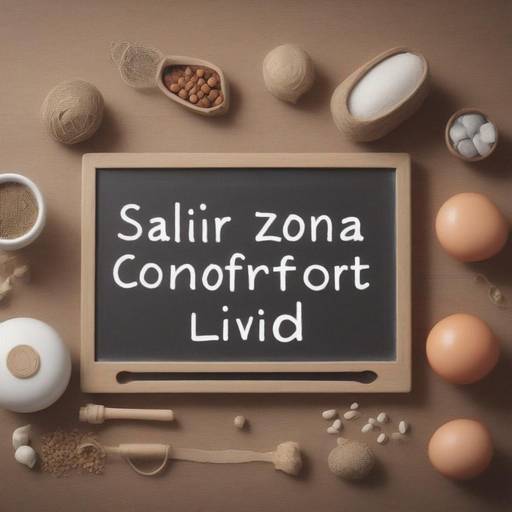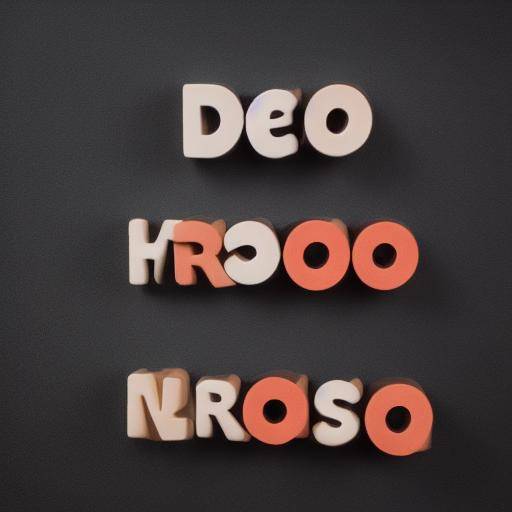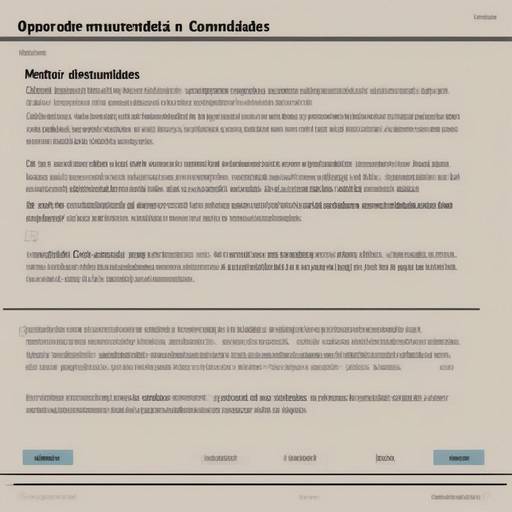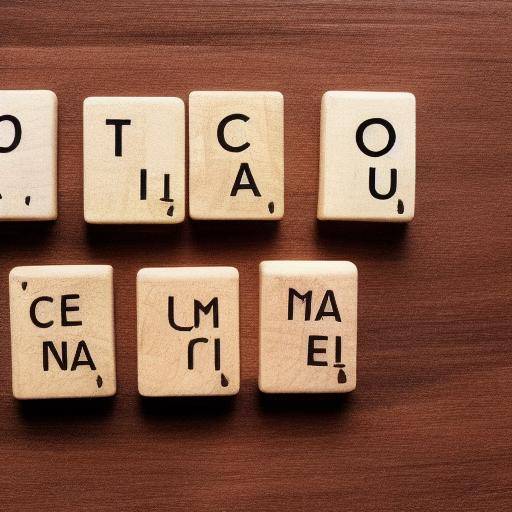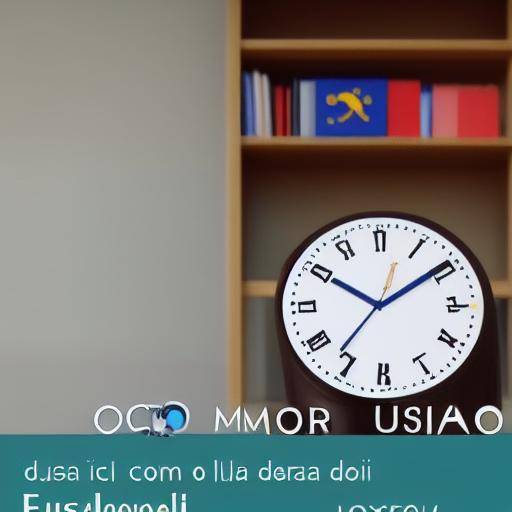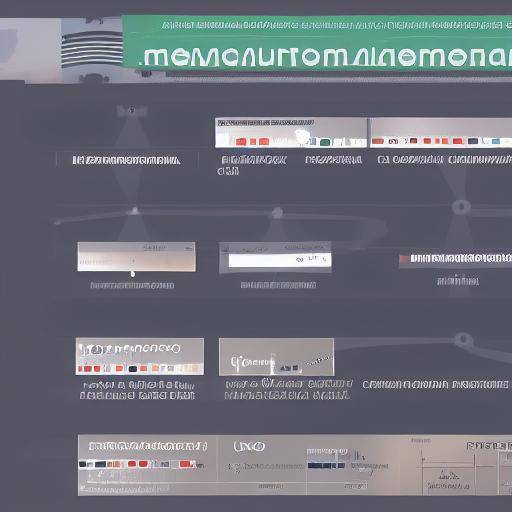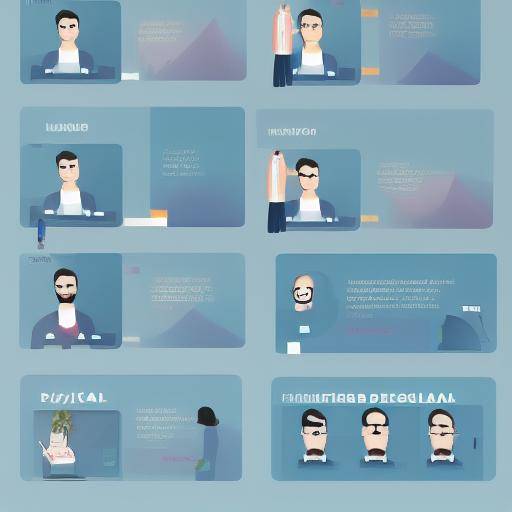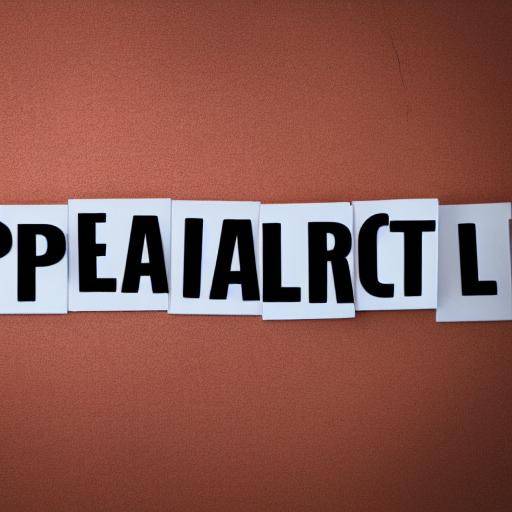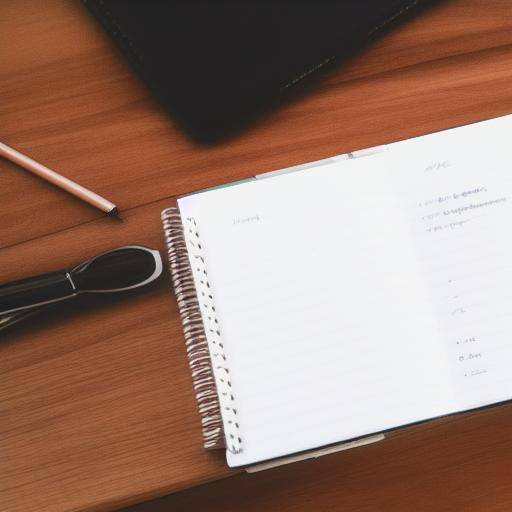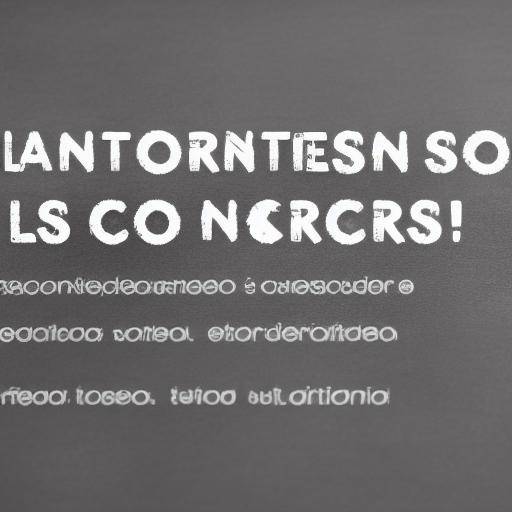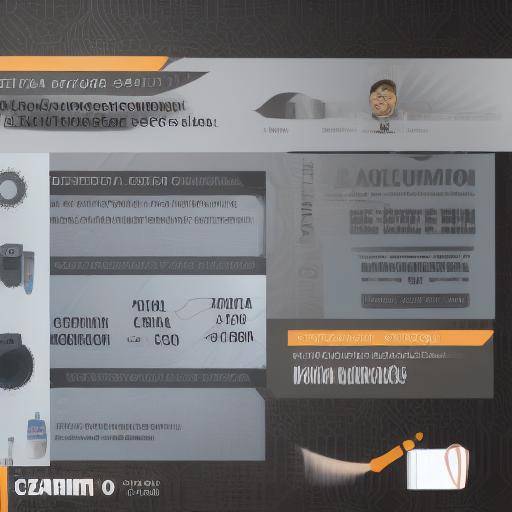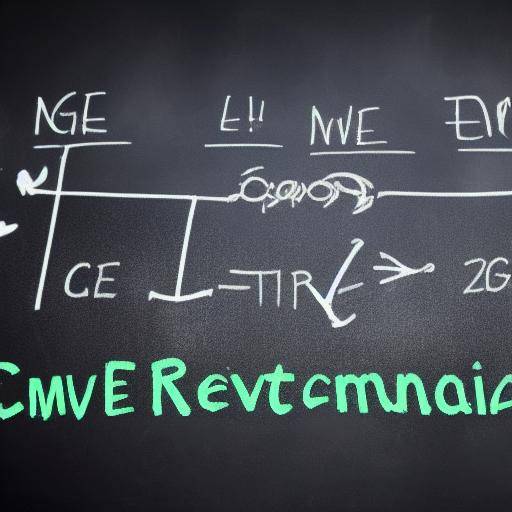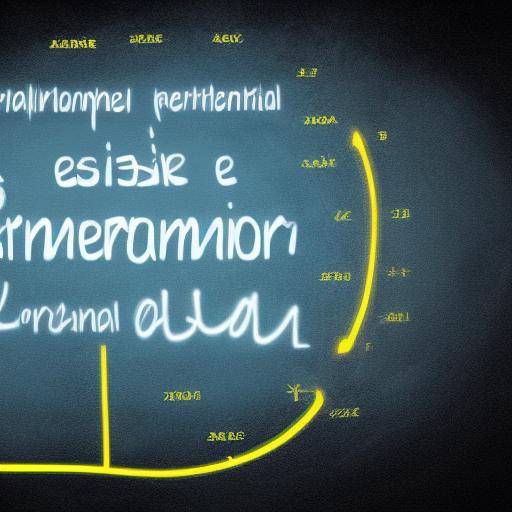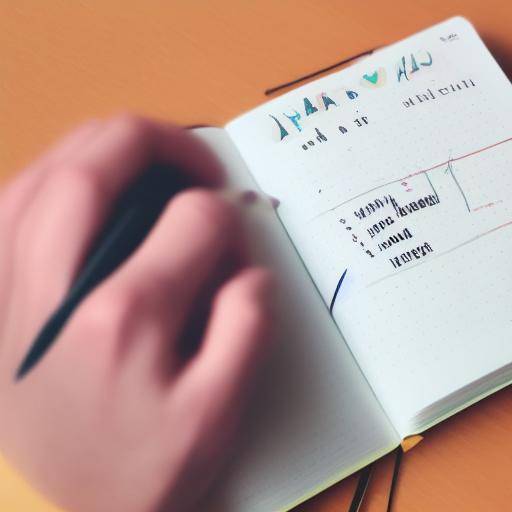
Personal development is a continuous process in the life of each person. On that path, finding an appropriate mentor can make the significant difference in the growth and achievement of personal and professional goals. In this article, we will thoroughly explore the process of finding a mentor, his benefits, challenges, and best practices.
Introduction
In the field of personal development, finding an appropriate mentor can be a transformative experience. A mentor not only provides unique guidance, support and perspectives, but can also play a crucial role in increasing learning and skills development. This article will guide you through the process of finding a mentor for your personal and professional growth.
The search process of the right mentor requires focus, patience and clarity in your goals. We will explore the key steps to identify, approach and establish an effective mentoring relationship. In addition, we will discuss the benefits of having a mentor, the challenges you could face and the best practices to maximize this relationship.
History and Background: The Rol del Mentor in Personal Development
Since ancient times, mentoring has been a valued medium of knowledge transmission and guidance. In classical Greece, for example, the relationship between Socrates and Plato was highlighted, one of the first mentors documented in history. During the medieval period, artisanal guilds were based on mentoring as a means of transferring skills and knowledge from apprentice teachers.
Modern mentoring has evolved significantly and now transcends professional and academic boundaries. Currently, the search for a mentor has become common in fields such as business, technology, entrepreneurship and personal development.
Benefits of a Mentor in Personal Development
Having a mentor can provide multiple benefits that lead to significant personal and professional growth. Mentors often share knowledge and experiences that help to reduce obstacles and accelerate growth.
- Skills development: A mentor can identify your areas of improvement and provide specific guidance to develop key skills.
- Increase in self-confidence: By having the support of a mentor, you can feel safer when making decisions and facing challenges.
- Networking: A well-connected mentor can give you access to unique opportunities and relevant connections in your field.
- New perspectives: By providing different perspectives, a mentor can help you see situations from angles you had not considered.
Challenges in the Search and Maintenance of a Mentor
Despite the obvious benefits, finding and maintaining a mentor is not an easy task. In some cases, challenges may include limited availability of mentors, difficulty finding the right mentor or unrealistic expectations of mentoring.
Detailed Analysis of Finding a Mentor Suitable for Your Personal Development
The search for an effective mentor requires a clear strategy and a deep understanding of your goals and needs. Below are key steps to find a mentor suitable for your personal development.
Identify your Goals and Needs
Before starting the search for a mentor, it is essential to have clarity about your goals and needs. It clearly defines what you expect to achieve through mentoring and what specific areas you would like to develop.
Research and Networking
Use your existing network and find opportunities to connect with professionals who can serve as potential mentors. Participate in industry events, conferences or networking groups to identify people who admire and who can contribute value as mentors.
Establishes a Significant Relationship
Once a possible mentor has been identified, it is crucial to establish a meaningful relationship based on mutual respect and transparency. Find opportunities to work on projects or collaborate on activities that will strengthen ties and demonstrate your commitment to personal and professional growth.
Keep the Communication Open
Effective communication is fundamental in any mentoring relationship. Be sure to keep an open and honest communication with your mentor, expressing your goals, concerns and expectations in a clear and respectful way.
Learn from the Experience of Your Mentor
Make the most of your mentor's relationship by learning from their experiences and knowledge. Listen actively, ask relevant questions and find opportunities to apply your tips and suggestions in your own development.
Best Practices in the Relationship of Mentories
The mentoring relationship can be highly beneficial if properly managed. Here are some best practices to maximize the benefits of this relationship:
- It sets clear and realistic goals for mentoring.
- Accept and act based on constructive feedback.
- Keep a constant commitment to your development.
- Cultivate an attitude of gratitude to your mentor for his time and knowledge.
- Be proactive in seeking learning and growth opportunities.
Comparison: Find Mentor, Personal Growth, and Professional Guide
It is important to highlight the difference between "finding mentor", "personal growth" and "professional guide". While mentoring focuses on a long-term bidirectional relationship, personal growth is an individual process of self-development, and the professional guide can come from various sources, including mentors, coaches, or educational resources.
Although these concepts are interrelated, each has a unique approach to personal and professional development. Recognizing these differences will help you understand how to integrate these elements into your own development path.
Conclusions and FAQs
Conclusions
Finding an appropriate mentor can be a powerful catalyst for personal development and achieving professional goals. Through an effective mentoring relationship, you can access valuable knowledge, perspectives and opportunities that will help you achieve your maximum potential.
As in any interpersonal relationship, the pursuit and establishment of a mentoring relationship involves constant work and open communication. However, the fruits that this relationship can provide are invaluable in personal and professional development.
Frequently asked questions
1. What is the difference between a mentor and a coach?
- A mentor tends to be an experienced guide that provides guidance in specific areas, often based on his own experience, while a coach focuses on the development of specific skills and the creation of action plans.
2. How can I approach someone to request their mentorship?
- By approaching a mentor potential, it shows your genuine interest in learning from your experience and clearly explains how you think your guide can benefit you in your personal and professional development.
3. Is it important to have a professional mentor?
- Yes, having a professional mentor can provide valuable insights, access to networking and professional development benefits that are often not otherwise found.
4. How long should a mentoring relationship last?
- The duration of a mentoring relationship can vary depending on your goals and needs. Some mentoring relationships may be short-term to address specific goals, while others may be long-term for continuous development.
5. What are the key qualities I should look for in a mentor?
- Looking for a mentor, find someone who has relevant experience in your areas of interest, be accessible, have sound listening skills and is willing to provide guidance and support.
6. How can I express my gratitude to my mentor for his time and effort?
- Show your gratitude by writing a thank-you note, sharing your achievements derived from your guidance or seeking opportunities to return favor in your development or in the professional community.
In short, finding an appropriate mentor for your personal development can be a significant step in your path of growth and achievement of goals. By following the steps and best practices discussed in this article, you can establish an effective mentoring relationship that gives you valuable insights, guidance and support in your personal and professional development.
Remember that the path to personal and professional growth is not linear, but having the support of a mentor can make it clearer and meaningful. Make the most of this opportunity and wake up your maximum potential with the guidance of an appropriate mentor!
With the knowledge gained in this article, you are better prepared to find a mentor to help you achieve your goals. We hope that this information will be useful to you in your search for personal growth and professional development.


